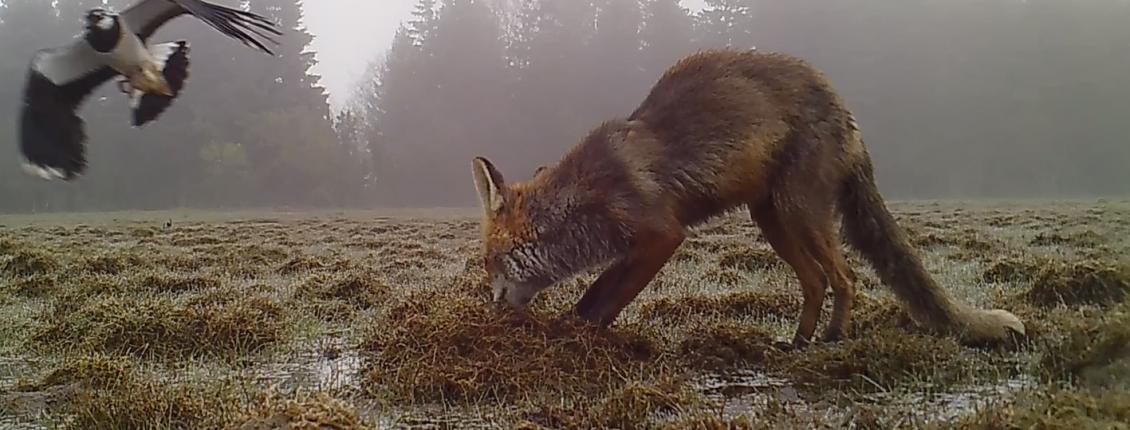February 1, 2022
Kaidi Tingas
Hunters help bird nesting in coastal meadows
On February 1, 2022 a pilot project was launched with the funding from the project ForEst&FarmLand and implemented by the Environmental Board and the Estonian Hunters' Association to reduce the impact of small carnivores on birds nesting in the coastal meadows of Läänemaa, Hiiumaa and Muhumaa.
Recent research shows that the unnaturally high number of small predators (fox, jackal, raccoon) threatens several protected bird species breading in meadows affecting their reproduction.
Now these predators are hunted, and the success of the measures to protect the birds during the spring nesting season will be assessed by the success of the hatching of baby birds.
According to Triin Kaasiku, a scientist from Tartu University, the results of the research conducted in Läänemaa, Pärnumaa and Hiiumaa in the previous three years are sad: “86% of ground nesting birds' eggs are eaten up. Thus, the reproduction of populations is not sustainable and, for example, the local populations of dunlin (Calidris alpina) and ruff (Calidris pugnax) are in danger of extinction.”
The project manager of the Hunters' Association, Jaanus Vaiksoo adds that hunters are very interested in participating in the project and contribute to the research to find out whether hunting brings relief during the nesting time. "It’s valuable for us to contribute to the protection of Estonian birds."
The pilot project “Regulation of the number of small carnivores in coastal meadows important for species protection” is part of the restoration of 20 coastal meadows in Western Estonia. During the restauration, the areas of selected meadows will be expanded at the expense of reducing trees and bushes on meadows because these are suitable hiding places for foxes and raccoon dogs.
